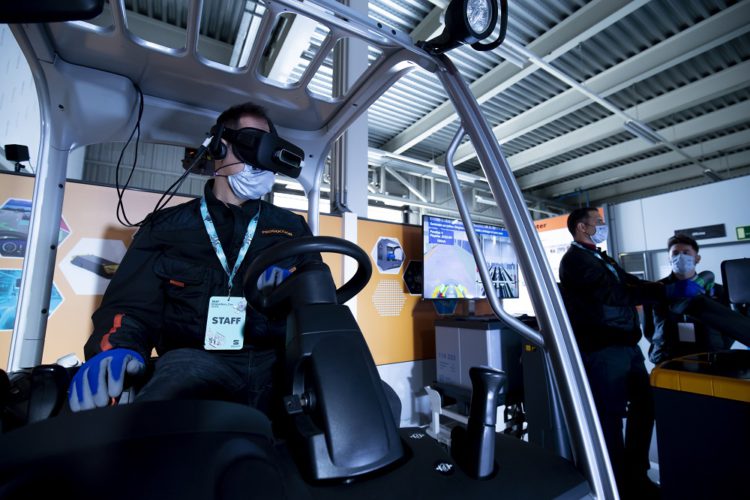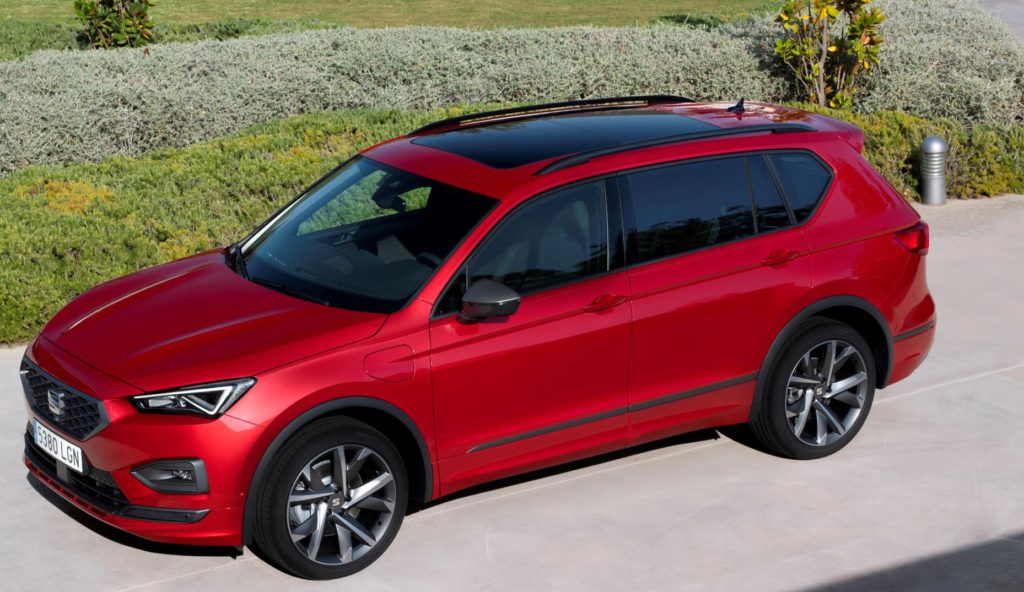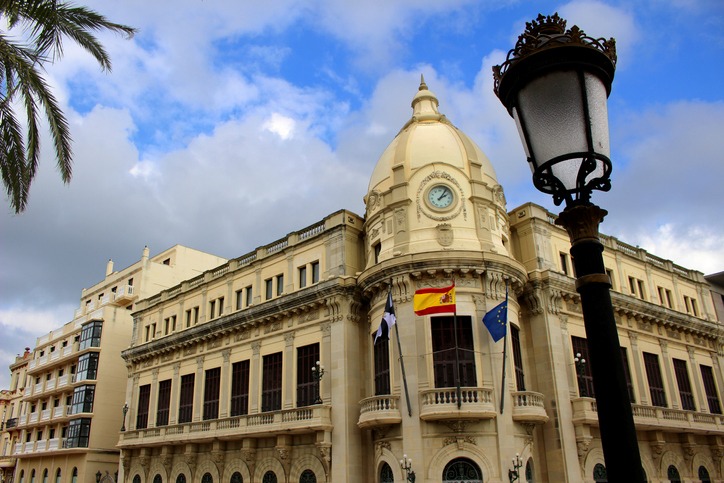VW’s new electric-vehicle battery plant in Spain to open in 2026
25 March 2022
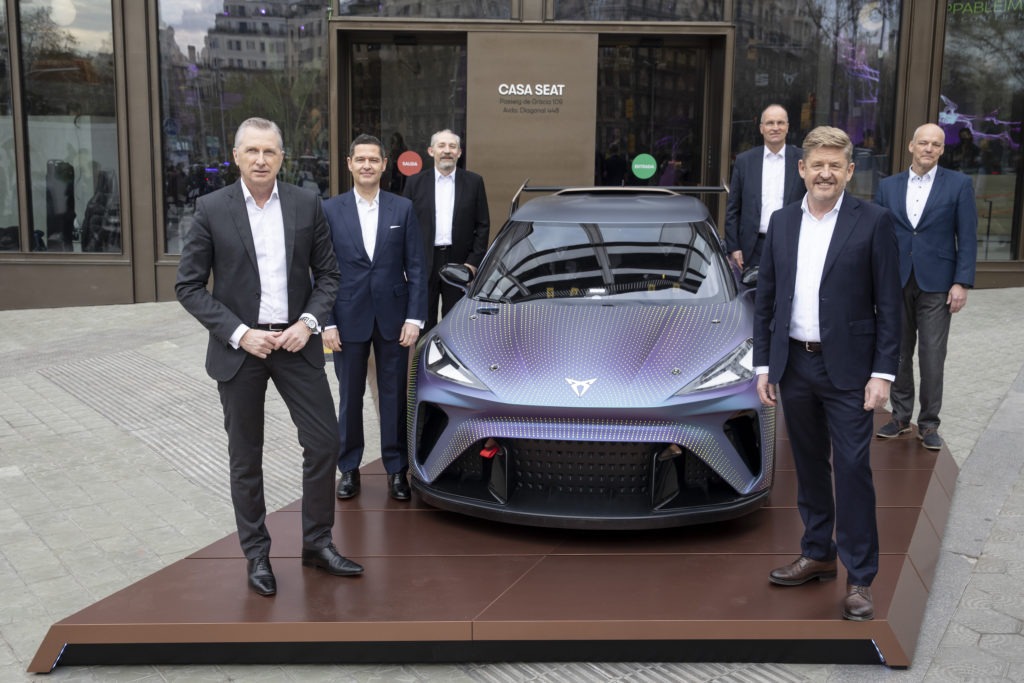
Volkswagen (VW) Group is planning to build a new battery-cell plant for electric vehicles (EVs) in Sagunto near Valencia as the company aims to turn Spain into a European electrification hub – plans that sound ambitious.
Along with external suppliers, the carmaker is prepared to spend more than €7 billion on the plant in Spain, with some of that money flowing to its Martorell and Pamplona sites, where VW wants to focus on EV production.
The carmaker said the investment would be the largest of its kind in Spanish history although all plans are still subject to approval. ‘This project is highly important for Volkswagen, for Spain, and for the whole of Europe,’ said Thomas Schmall, VW board member responsible for technology. ‘It is our ambition to electrify Spain.’
The EV battery-cell plant, which would employ 3,000 people, is due to start operations in 2026 and will have an annual production of 40GWh. Time is tight, with VW saying construction would have to start this year. The carmaker added the selection process was tough, but Valencia came out on top due to the region’s qualified workforce, public support, logistical connections and focus on greener energy.
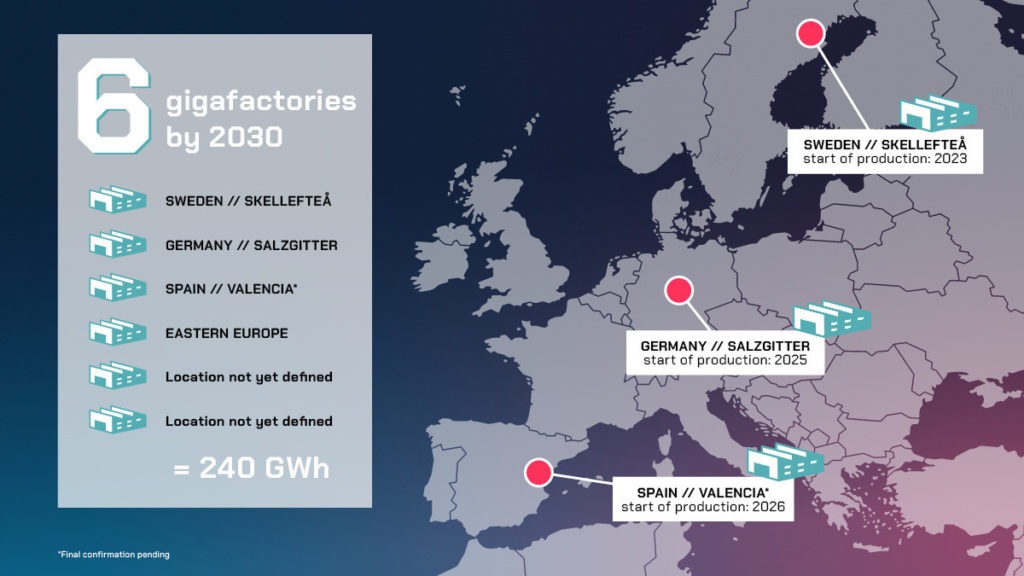
EV value chain
‘In Valencia, we will build up nothing less than next-generation cell production: A standardised factory, producing VW’s cutting-edge unified cell and supplied with renewable energy, enabling sustainable battery production. And it will create a strong pulling effect in the whole battery value-chain in Spain and beyond,’ added Schmall.
Valencia is home to a Ford car factory, already giving the region a reputation when it comes to vehicle manufacturing. However, VW’s plans to turn Spain into a cluster for electrification will not come without challenges. The International Council on Clean Transportation said the country will need to increase the number of EV chargers drastically by 2025 for Spain to meet its electric-car targets.
Last year, VW and SEAT signed a deal with energy company Iberdrola to boost the local charging infrastructure. The agreement also focuses on the supply of renewable energy, which is significant- as electricity prices in the country are soaring and could undermine EV adoption.
VW’s latest announcement will help the German carmaker increase its competitiveness in the electric-vehicle market. The plans underline the company’s aims to increase productivity at its Spanish car production plants as part of a wider strategy to make Spain a pillar of its electrification efforts.
The car manufacturer is also hoping to receive support from the Spanish government on its electrification targets. In 2021, VW applied to take part in Spain’s Strategic Projects for Economic Transformation and Recovery (PERTE). Its SEAT brand opened a battery research and development (R&D) centre in Spain in 2021, having invested more than €7 million in the project.
Electric-vehicle production
Over the next five years, VW will spend €52 billion in the development and production of new EVs. A new range of all-electric and hybrid models will hit the market, with VW increasingly electrifying its brands.
New Cupra models will be launched in 2024, including an SUV with mild-hybrid and plug-in-hybrid versions. The model will be produced in Hungary, where Audi also manufactures its Q3 Sportback. Cupra said the plug-in hybrid model can travel 100km in all-electric mode. In 2022, Cupra wants to boost sales and double turnover to €5 billion.
VW is pursuing bold targets and wants to build six gigafactories in Europe to cover the growing demand for battery cells within the group. A battery production site in Salzgitter, Germany, is set to start in 2025. The carmaker also created a European company for its battery business in 2021, which will manage VW’s EV battery activities and the setup of gigafactories in Europe.

